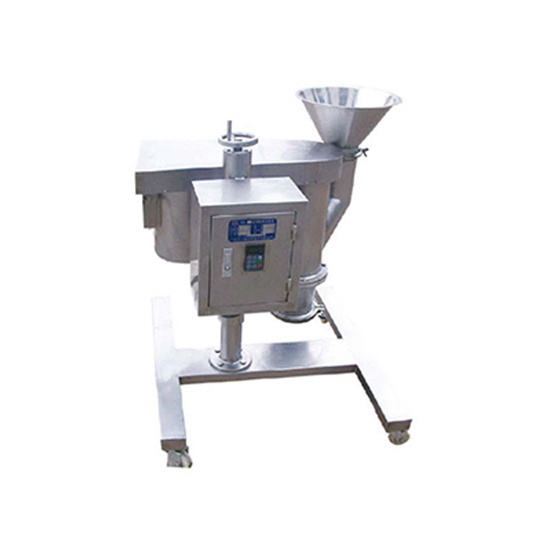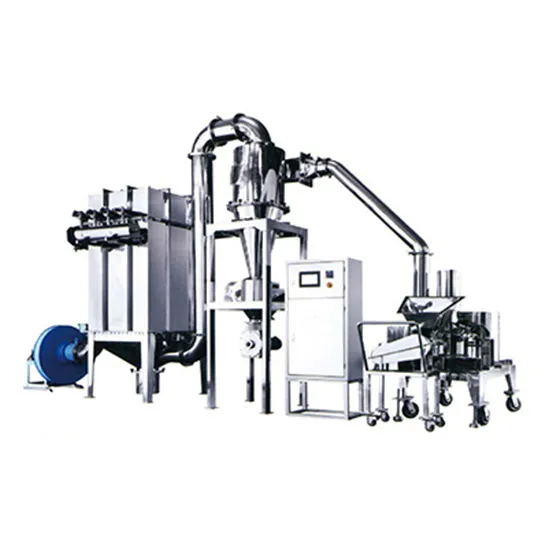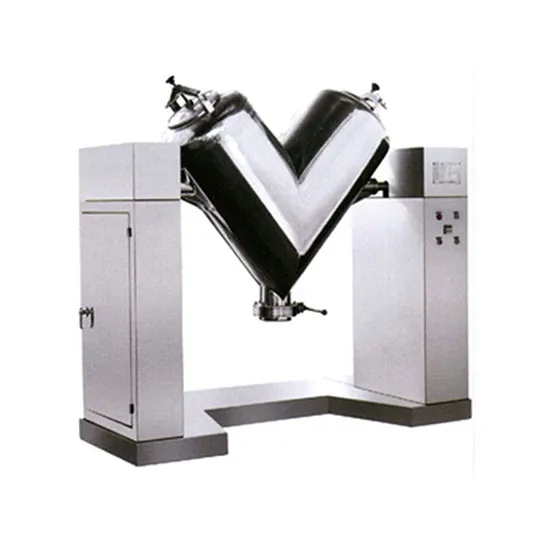NEWS
The Pros and Cons of Gas Cloth Dryers: Is It Worth the Investment?
Dec 12,2023
Table of Contents
1. Introduction
2. Understanding Gas Cloth Dryers
3. The Benefits of Gas Cloth Dryers
3.1 Energy Efficiency
3.2 Faster Drying Time
3.3 Cost Savings
4. The Drawbacks of Gas Cloth Dryers
4.1 Initial Investment
4.2 Installation Challenges
4.3 Limited Availability
5. FAQs
5.1 How does a gas cloth dryer work?
5.2 Are gas cloth dryers safe to use?
5.3 Can a gas cloth dryer be converted to electric?
5.4 Do gas cloth dryers require special maintenance?
5.5 Are gas cloth dryers more expensive to operate?
6. Conclusion
1. Introduction
Investing in a new cloth dryer is a decision that requires careful consideration. If you're contemplating whether to choose a gas cloth dryer or not, this article will guide you through the pros and cons of this type of appliance. Gas cloth dryers offer unique advantages and disadvantages compared to their electric counterparts. By understanding these factors, you can make an informed decision that suits your needs and budget.
2. Understanding Gas Cloth Dryers
Gas cloth dryers operate using natural gas as a heat source, whereas electric dryers rely on electricity. They work by pulling in air from the room, heating it with a gas burner, and then circulating it through the drum where your clothes are placed. This heated air helps to evaporate the moisture from your garments, leaving them dry and ready to wear.
3. The Benefits of Gas Cloth Dryers
3.1 Energy Efficiency
One of the significant advantages of gas cloth dryers is their energy efficiency. Gas dryers tend to consume less energy compared to electric models, resulting in lower utility bills over time. This efficiency is mainly due to the lower cost of natural gas compared to electricity. By opting for a gas cloth dryer, you can potentially save on your monthly energy expenses.
3.2 Faster Drying Time
Gas cloth dryers are known for their faster drying time. The heat generated by the gas burner is generally more intense than the heat produced by electric elements. This allows gas dryers to dry clothes more quickly, which can be particularly beneficial for households with a high laundry load or time-sensitive needs. With shorter drying cycles, you can save time and ensure your clothes are ready when you need them.
3.3 Cost Savings
Although gas cloth dryers may have a higher upfront cost compared to electric models, they often offer long-term cost savings. As mentioned earlier, gas dryers are more energy-efficient, resulting in lower utility bills. Additionally, gas prices tend to be more stable than electricity rates, reducing the risk of unexpected spikes in energy costs. Over time, these savings can help offset the initial investment of a gas cloth dryer.
4. The Drawbacks of Gas Cloth Dryers
4.1 Initial Investment
One of the main drawbacks of gas cloth dryers is their higher initial investment. Gas dryers generally cost more than electric models, primarily due to the additional components required for combustion and venting. However, it's essential to consider the long-term cost savings and energy efficiency benefits when evaluating the overall value of a gas cloth dryer.
4.2 Installation Challenges
Another potential drawback of gas cloth dryers is the installation process. Unlike electric dryers, gas dryers require a gas line and proper ventilation for safe operation. This means that if you don't have an existing gas hookup in your laundry area, you may need to hire a professional to install the necessary connections. Additionally, it's crucial to ensure proper ventilation to prevent the buildup of harmful gases.
4.3 Limited Availability
Gas cloth dryers may not be as widely available as electric models. Depending on your location and the availability of natural gas in your area, finding and purchasing a gas dryer might be more challenging. This limited availability could impact your options when it comes to brands, features, and price ranges. Consequently, it's essential to research and explore local retailers or online marketplaces to find the right gas cloth dryer for your needs.
5. FAQs
5.1 How does a gas cloth dryer work?
A gas cloth dryer works by using a gas burner to create heat, which is then circulated through the drum to dry your clothes. The heated air evaporates the moisture from the garments, leaving them dry and ready to be worn.
5.2 Are gas cloth dryers safe to use?
Yes, gas cloth dryers are safe to use when installed and maintained correctly. It's crucial to follow the manufacturer's instructions and ensure proper ventilation to prevent the buildup of carbon monoxide or other harmful gases.
5.3 Can a gas cloth dryer be converted to electric?
Generally, gas cloth dryers cannot be converted to electric or vice versa. The conversion process involves significant modifications that may not be feasible or safe. It's best to choose the type of dryer that suits your needs from the beginning.
5.4 Do gas cloth dryers require special maintenance?
Gas cloth dryers typically require similar maintenance to electric models. Regular cleaning of lint filters, checking and cleaning the vent system, and inspecting gas connections are essential to ensure safe and efficient operation. Consult the manufacturer's guidelines for specific maintenance recommendations.
5.5 Are gas cloth dryers more expensive to operate?
Gas cloth dryers are generally more energy-efficient and have lower operating costs than electric models. The cost of natural gas is often lower than electricity, resulting in potential savings on utility bills.
6. Conclusion
In conclusion, gas cloth dryers offer several advantages and drawbacks that should be considered when deciding on a new cloth dryer. The energy efficiency, faster drying time, and potential cost savings make gas dryers an attractive option for many households. However, the higher initial investment, installation challenges, and limited availability should also be taken into account. By weighing these factors against your specific needs and circumstances, you can determine whether a gas cloth dryer is worth the investment for you.
1. Introduction
2. Understanding Gas Cloth Dryers
3. The Benefits of Gas Cloth Dryers
3.1 Energy Efficiency
3.2 Faster Drying Time
3.3 Cost Savings
4. The Drawbacks of Gas Cloth Dryers
4.1 Initial Investment
4.2 Installation Challenges
4.3 Limited Availability
5. FAQs
5.1 How does a gas cloth dryer work?
5.2 Are gas cloth dryers safe to use?
5.3 Can a gas cloth dryer be converted to electric?
5.4 Do gas cloth dryers require special maintenance?
5.5 Are gas cloth dryers more expensive to operate?
6. Conclusion
1. Introduction
Investing in a new cloth dryer is a decision that requires careful consideration. If you're contemplating whether to choose a gas cloth dryer or not, this article will guide you through the pros and cons of this type of appliance. Gas cloth dryers offer unique advantages and disadvantages compared to their electric counterparts. By understanding these factors, you can make an informed decision that suits your needs and budget.
2. Understanding Gas Cloth Dryers
Gas cloth dryers operate using natural gas as a heat source, whereas electric dryers rely on electricity. They work by pulling in air from the room, heating it with a gas burner, and then circulating it through the drum where your clothes are placed. This heated air helps to evaporate the moisture from your garments, leaving them dry and ready to wear.
3. The Benefits of Gas Cloth Dryers
3.1 Energy Efficiency
One of the significant advantages of gas cloth dryers is their energy efficiency. Gas dryers tend to consume less energy compared to electric models, resulting in lower utility bills over time. This efficiency is mainly due to the lower cost of natural gas compared to electricity. By opting for a gas cloth dryer, you can potentially save on your monthly energy expenses.
3.2 Faster Drying Time
Gas cloth dryers are known for their faster drying time. The heat generated by the gas burner is generally more intense than the heat produced by electric elements. This allows gas dryers to dry clothes more quickly, which can be particularly beneficial for households with a high laundry load or time-sensitive needs. With shorter drying cycles, you can save time and ensure your clothes are ready when you need them.
3.3 Cost Savings
Although gas cloth dryers may have a higher upfront cost compared to electric models, they often offer long-term cost savings. As mentioned earlier, gas dryers are more energy-efficient, resulting in lower utility bills. Additionally, gas prices tend to be more stable than electricity rates, reducing the risk of unexpected spikes in energy costs. Over time, these savings can help offset the initial investment of a gas cloth dryer.
4. The Drawbacks of Gas Cloth Dryers
4.1 Initial Investment
One of the main drawbacks of gas cloth dryers is their higher initial investment. Gas dryers generally cost more than electric models, primarily due to the additional components required for combustion and venting. However, it's essential to consider the long-term cost savings and energy efficiency benefits when evaluating the overall value of a gas cloth dryer.
4.2 Installation Challenges
Another potential drawback of gas cloth dryers is the installation process. Unlike electric dryers, gas dryers require a gas line and proper ventilation for safe operation. This means that if you don't have an existing gas hookup in your laundry area, you may need to hire a professional to install the necessary connections. Additionally, it's crucial to ensure proper ventilation to prevent the buildup of harmful gases.
4.3 Limited Availability
Gas cloth dryers may not be as widely available as electric models. Depending on your location and the availability of natural gas in your area, finding and purchasing a gas dryer might be more challenging. This limited availability could impact your options when it comes to brands, features, and price ranges. Consequently, it's essential to research and explore local retailers or online marketplaces to find the right gas cloth dryer for your needs.
5. FAQs
5.1 How does a gas cloth dryer work?
A gas cloth dryer works by using a gas burner to create heat, which is then circulated through the drum to dry your clothes. The heated air evaporates the moisture from the garments, leaving them dry and ready to be worn.
5.2 Are gas cloth dryers safe to use?
Yes, gas cloth dryers are safe to use when installed and maintained correctly. It's crucial to follow the manufacturer's instructions and ensure proper ventilation to prevent the buildup of carbon monoxide or other harmful gases.
5.3 Can a gas cloth dryer be converted to electric?
Generally, gas cloth dryers cannot be converted to electric or vice versa. The conversion process involves significant modifications that may not be feasible or safe. It's best to choose the type of dryer that suits your needs from the beginning.
5.4 Do gas cloth dryers require special maintenance?
Gas cloth dryers typically require similar maintenance to electric models. Regular cleaning of lint filters, checking and cleaning the vent system, and inspecting gas connections are essential to ensure safe and efficient operation. Consult the manufacturer's guidelines for specific maintenance recommendations.
5.5 Are gas cloth dryers more expensive to operate?
Gas cloth dryers are generally more energy-efficient and have lower operating costs than electric models. The cost of natural gas is often lower than electricity, resulting in potential savings on utility bills.
6. Conclusion
In conclusion, gas cloth dryers offer several advantages and drawbacks that should be considered when deciding on a new cloth dryer. The energy efficiency, faster drying time, and potential cost savings make gas dryers an attractive option for many households. However, the higher initial investment, installation challenges, and limited availability should also be taken into account. By weighing these factors against your specific needs and circumstances, you can determine whether a gas cloth dryer is worth the investment for you.
More News










